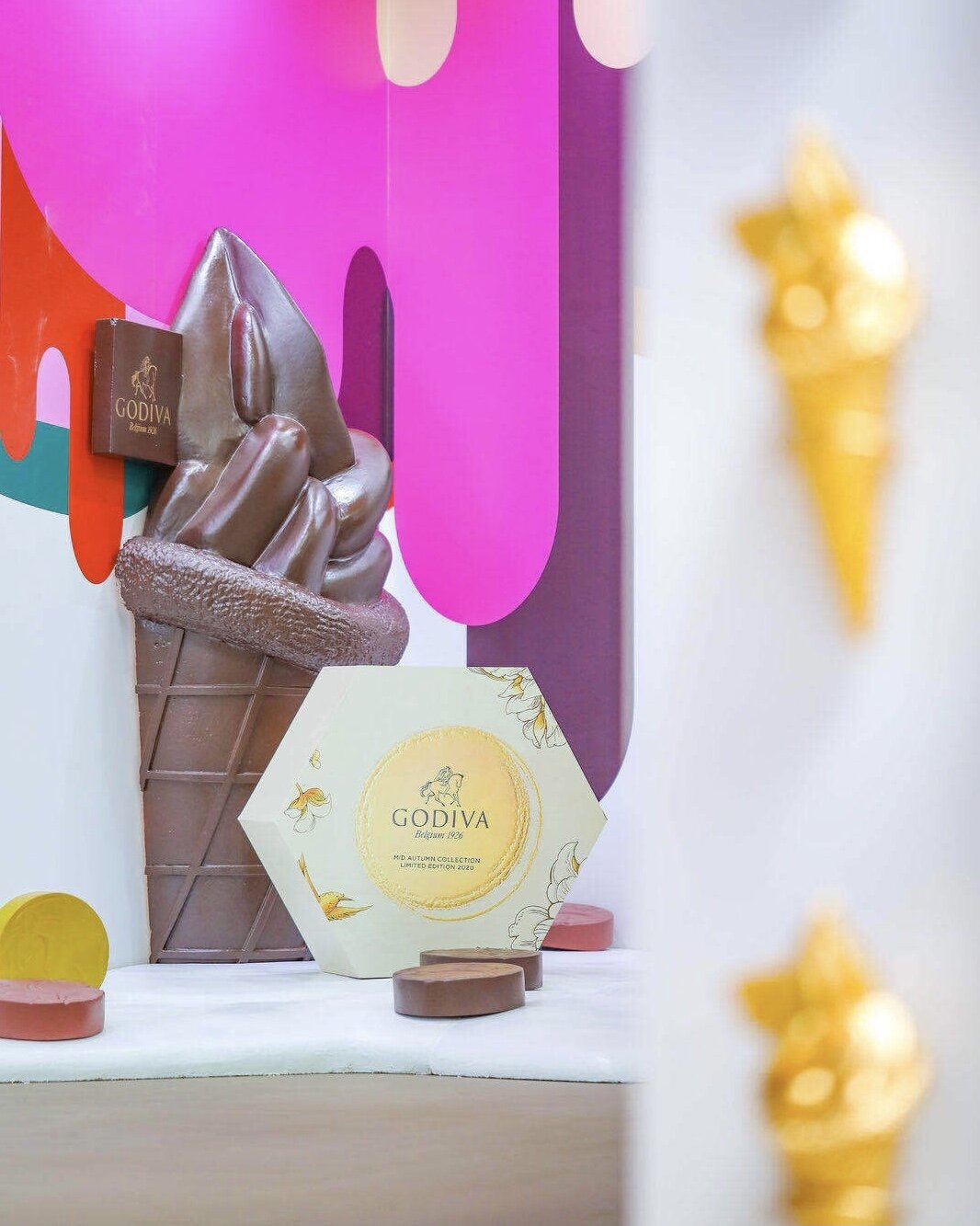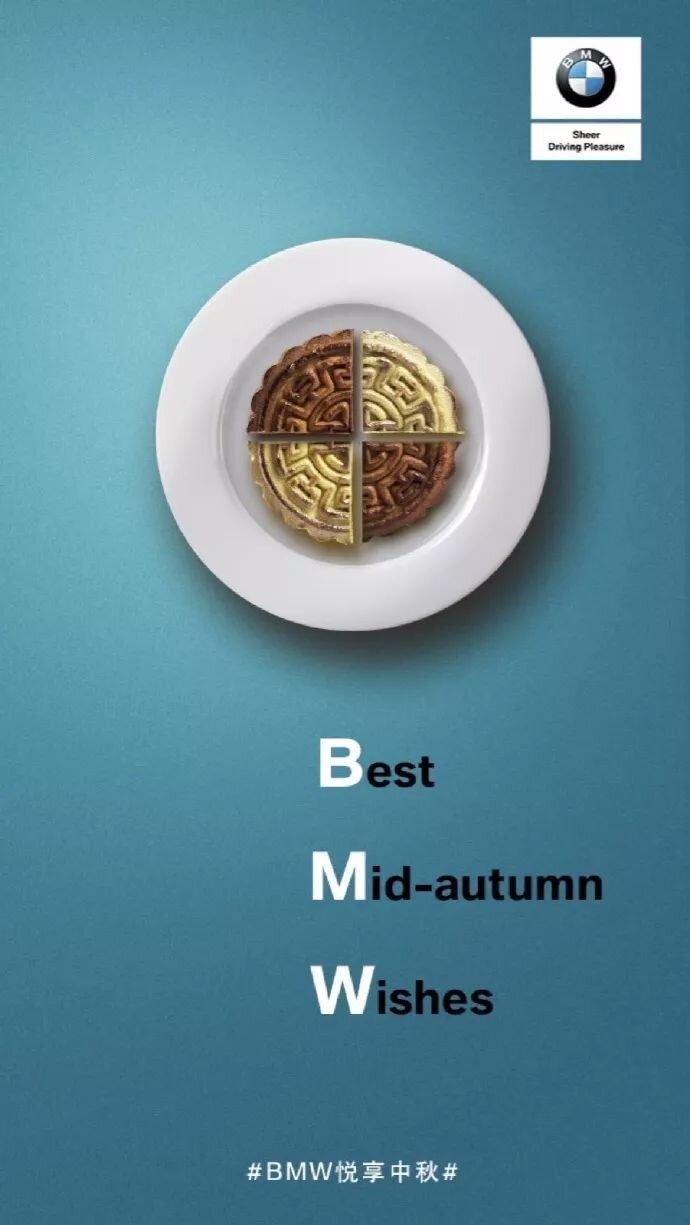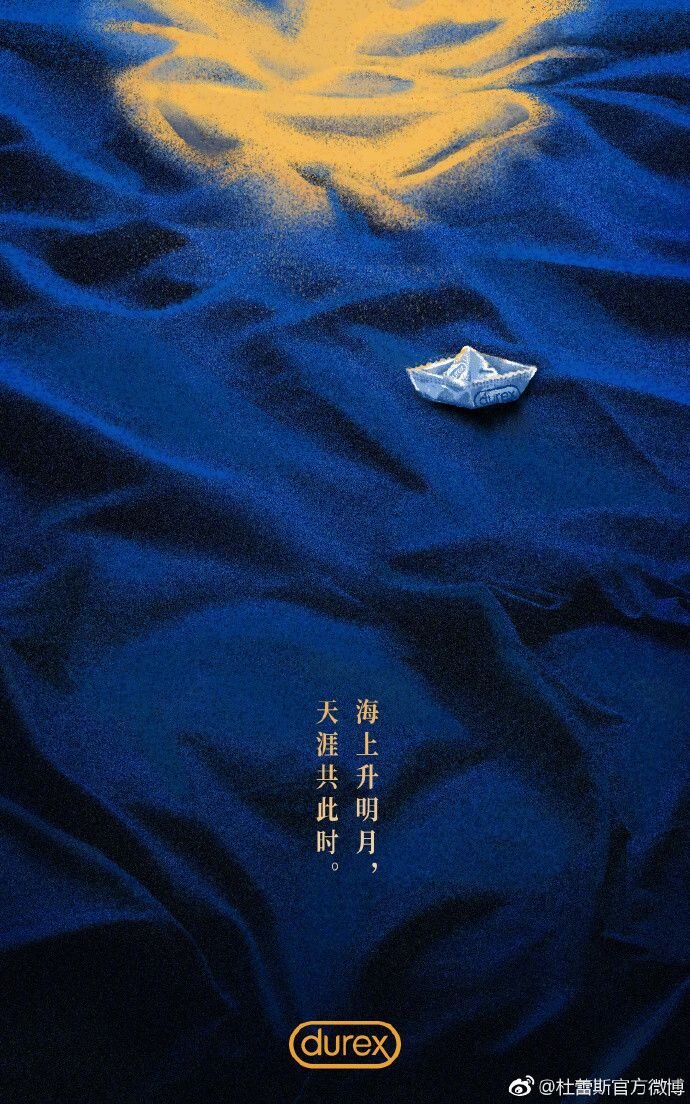Symbolizing the Chinese celebration of harvest and reunion, the Mid-Autumn Festival appears to be extra special this year — with China’s National Day and Golden Week all aligning at the same time.
Having previously talked about the various traditions of the festival on our #SpotOn blog — we want to take time in 2020 to look at some intriguing examples of Mid-Autumn marketing ideas, from popular global brands.
Let’s start with Netflix’s collaboration with Pearl Studio and Lady M, the world-renowned luxury dessert brand, on an initiative to promote the upcoming animated musical Over the Moon. Fusing both Eastern and Western elements, the collaboration offers a limited-edition mooncake gift box housed in a lantern-shaped package, with a light-up feature and paper cutting details depicting scenes from the highly anticipated film.
It’s a perfect balance of creative ideas, while showcasing the initiative and truly reflecting on the festival spirit.
Branded gift boxes are indeed a great approach to secure publicity in a timely manner, while offering customers a memorable experience that’s closely associated with brand identity.
Last year, mooncake packages from Loewe, Louis Vuitton, Tiffany & Co. and Fendi all made it into Weibo’s trending list, with their exquisitely designed gift boxes.
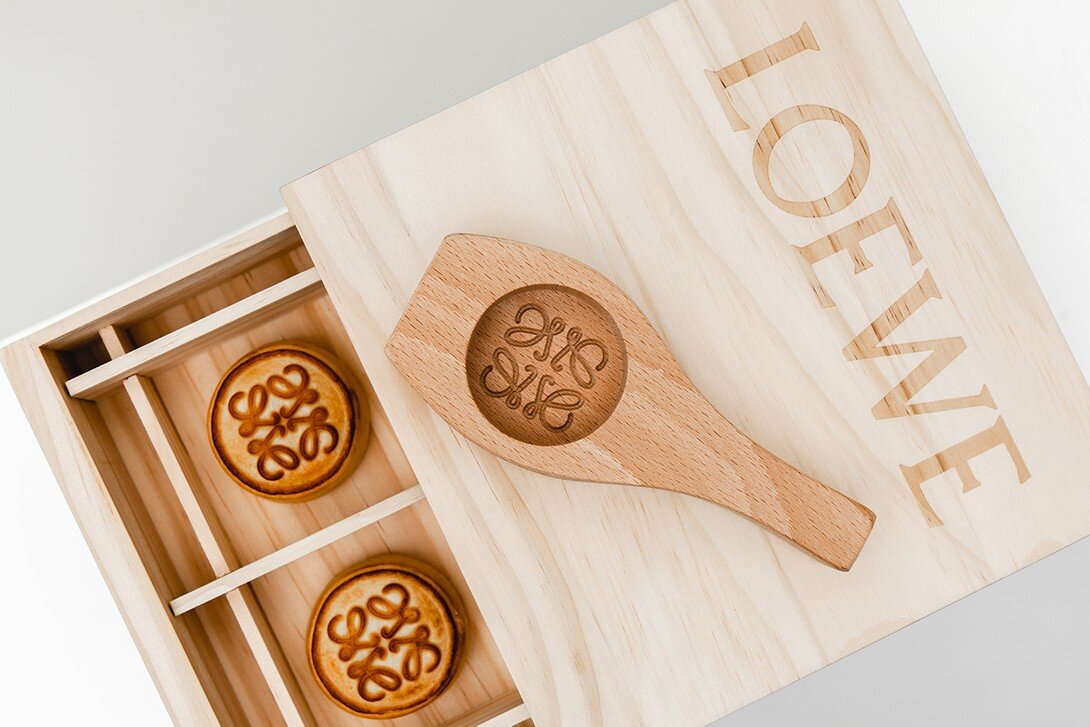
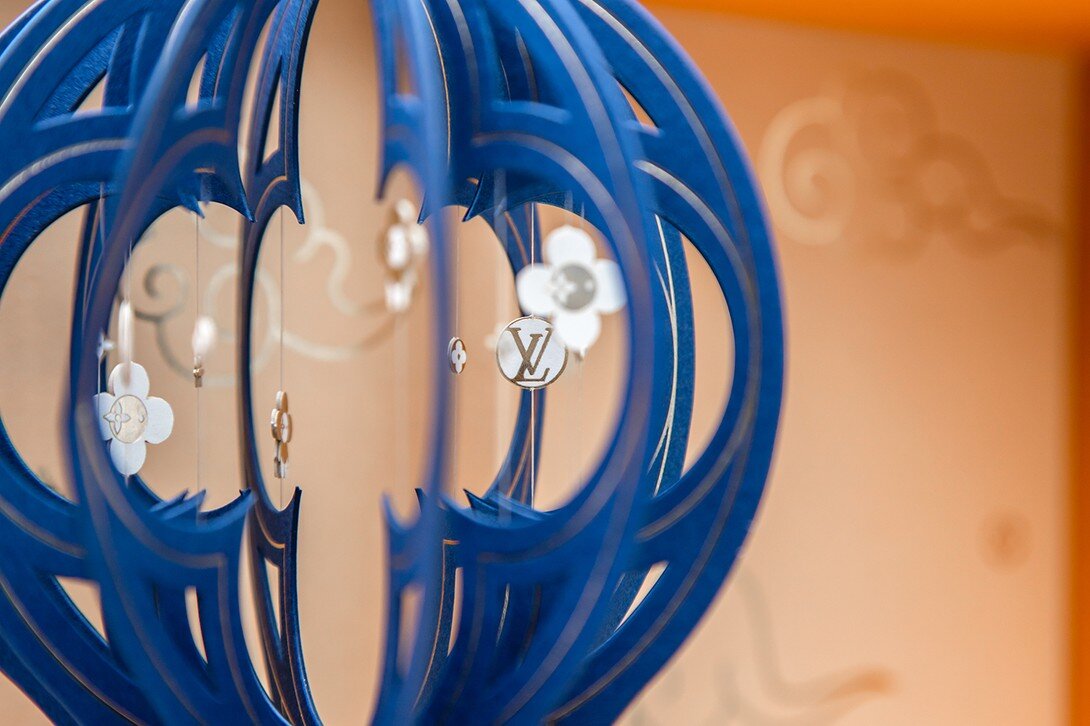
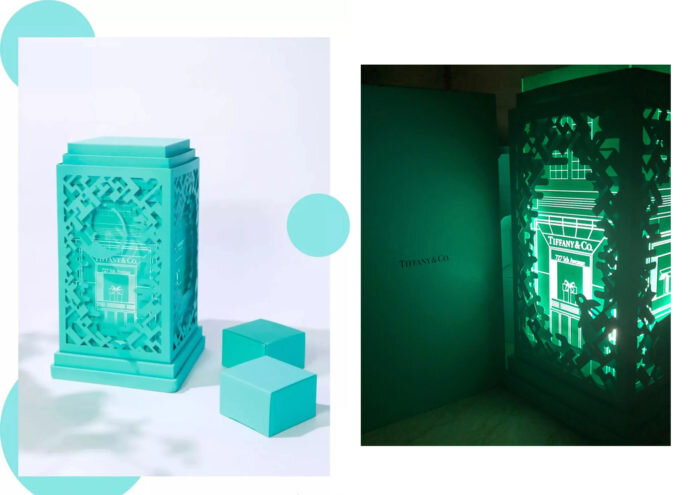
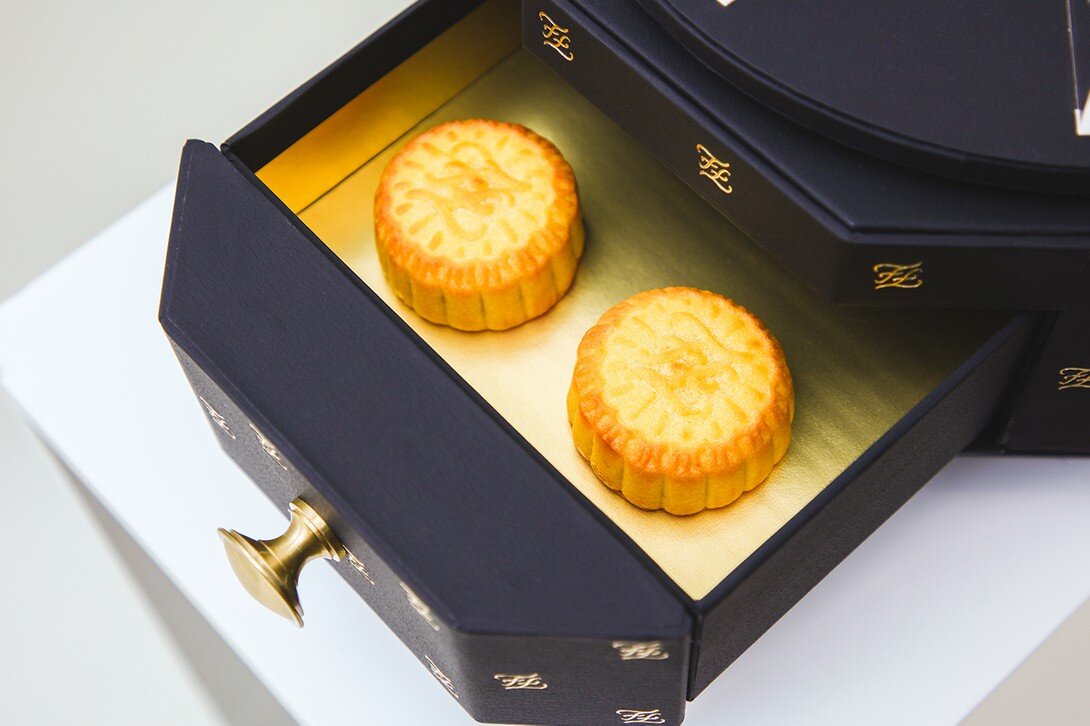
American chocolatier Godiva also recently debuted their immersive pop-up at Fashion Zoo, an annual fashion exhibition in Shanghai. Featuring a golden colour palette that gives off some major autumn vibes, the photogenic space highlights their latest mooncake collections, which are artfully decorated with patterns of full moon and peony.
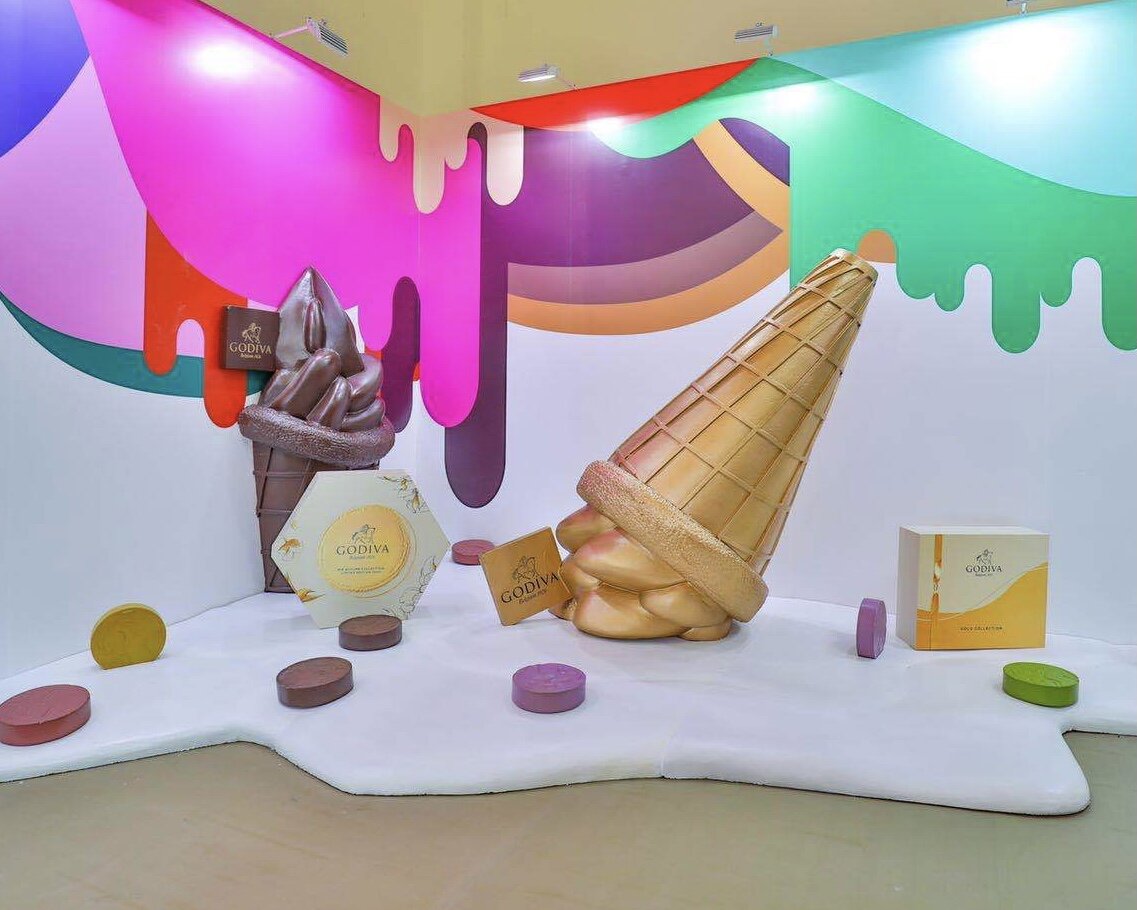
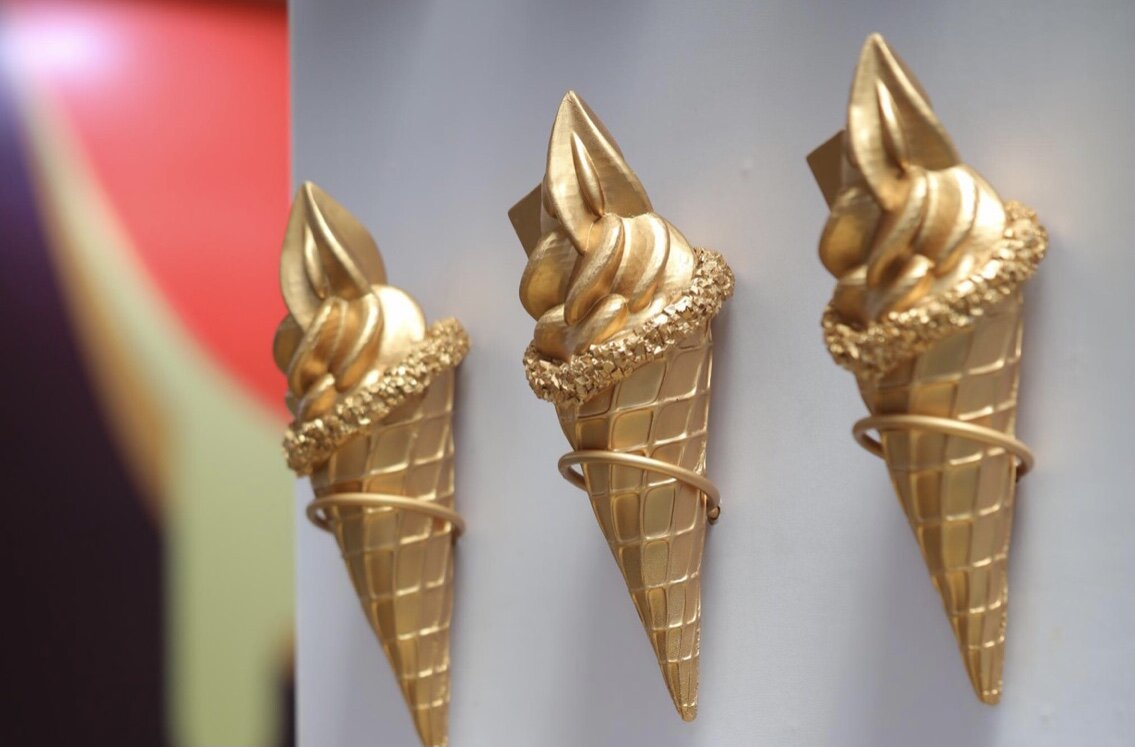
Apart from branded gift boxes and pop-up activations, content creation also plays an extremely crucial role when it comes to engaging the Chinese market — especially with the younger demographics (mainly the millennials and Gen Z) who are always hungry for unique experiences and ideas.
Luxury automobile companies such as BMW and Audi have all become skillfully adept at incorporating relevant Chinese trends into their marketing messaging — but no brand has come close so far to the trendsetter reputation that Durex China has established, with the mind-blowing creativity they continue to demonstrate each year.
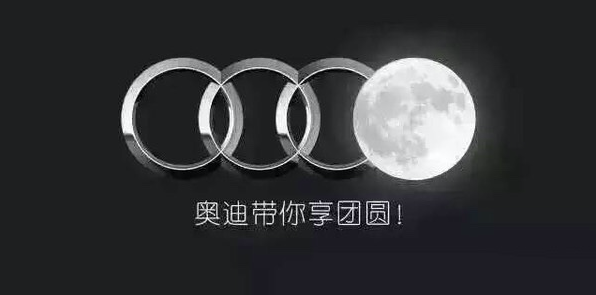
Feeling a bit inspired by these ideas? Are you trying to plan out marketing strategies for the rest of the year, to engage with more Chinese customers? Great news — we can help!
Talk to us about Chinese traditions, fun social media trends, or marketing tips to reach your desired Chinese demographics — just drop us a message at info@spotlightwest.ca, or say hello on Facebook, Instagram, Twitter, and LinkedIn!

